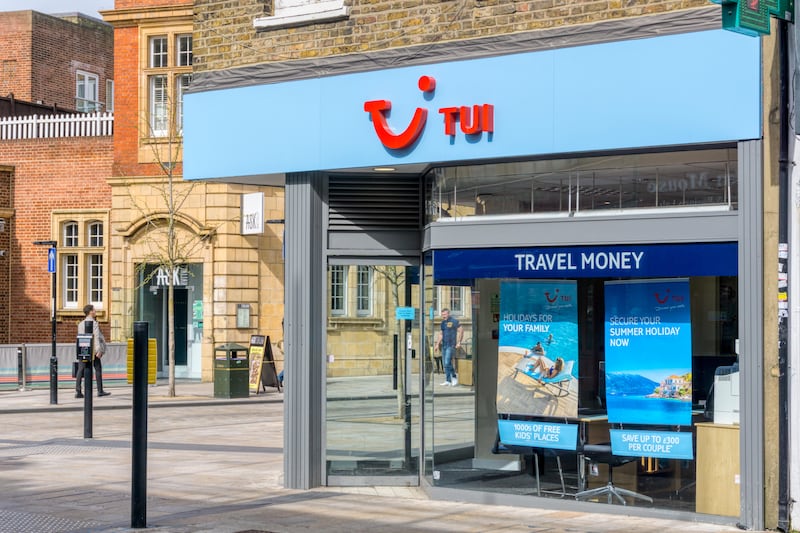You’ve scrimped and saved for that special summer trip, but as soon as you’ve got there, the budget has been blown.
When we escape the day-to-day, it can be tough to stick to a budget, and keep in perspective what we need rather than want. New research from HyperJar reveals one in 10 Brits failed to budget for their first holiday and fell into debt as a result. So, how can we stop overspending on holidays abroad this summer?

Use cash
“Even if you rarely use it in the UK, cash is your friend when you go on holiday – it can help you budget more effectively and dodge unexpected card charges,” says Simon Phillips, managing director at No1 Currency travel money provider.
“If you set a budget for your break and exchange your spending money into the currency of the country you’re travelling to, it’s easy to keep track of how much you’re spending each day you’re away.

“Using cash comes with the added reassurance that you know it will be accepted everywhere; remember cash is still king in many countries where mobile and card payments are less common than in the UK,” Phillips explains.
Dodge extra charges
“Using your UK bank or credit card abroad will often incur a charge,” says Phillips.
“The amount can vary widely, and you may not find out how much you’ve been charged until you get home. By contrast, if you have foreign currency, the price you see is the price you pay.”
Alongside using cash, many banks such as Revolut and Monzo offer card use with no charges abroad.
Check for tourist taxes
What are the hidden costs of a holiday where people might overspend while away?
“Tourist tax is often overlooked by holidaymakers. This is used to protect the landscape of an area and is payable locally at hotels and other overnight accommodations, and applies to anyone over the age of 16. Before you travel, check online to see if you’ll have to pay this and if so, allow for it in your spending money,” says Iain Donachie, head of money services at Tesco Bank.
“Paying a departure tax is sometimes required at the end of your holiday. Some package holidays may include this, but not all, so it’s best to check before you go, and allow for it within your holiday budget.”
Research food and drink costs
“Before you head on holiday, do a bit of research on the prices you can expect to pay for a meal out. A quick search online should give you a good idea. If you have made some bookings, or have any recommendations from friends and family, checking the restaurant’s website can help you work out if it fits with your budget,” Donachie explains.
“Depending on your accommodation type, you may want to mix up dining out and eating in. Self-catering villas or Airbnb properties will typically have a kitchen space, and a visit to the local supermarket is a good way to keep costs down. You could also try a local food market – these are often good value – and a nice way to try out the local delicacies.”
And don’t forget tipping costs.
“If you are eating out, a service charge is often added to your bill in restaurants, cafes, and bars. In Europe, the charge is usually 10% but can be as much as 15%. Check the bill so you don’t tip twice,” Donachie says.
Pre-plan transport
“This is where early prep and a bit of research before arrival is key. Often, package holidays will include airport transfers as part of your travel fees and this will be at a discounted rate,” says Donachie.
“But if you booked your own trip, public transport is the way to go if you are trying to keep costs down. Try and avoid getting a taxi at the airport, as these can prove to be pricey.
“Most holiday destinations will have an airport-to-town centre service, so look this up and see if you can purchase tickets in advance, or research the public transport options, as these tend to be good value. While you are checking this, and depending on how far and often you plan on exploring, weekly bus or train tickets might be a good way to save a few extra pounds as well.”
Beware of roaming charges
“Check to see if your network provider charges roaming fees in the destination you’re heading to. If not, you’re all good to go and can use your phone as normal. If it does, turn off your roaming and use Wi-Fi as much as possible while you are away,” says Donachie.
“It’s a good idea to download any large travel documents, reservation details or tickets for excursions you’ve booked before you arrive, too.”








